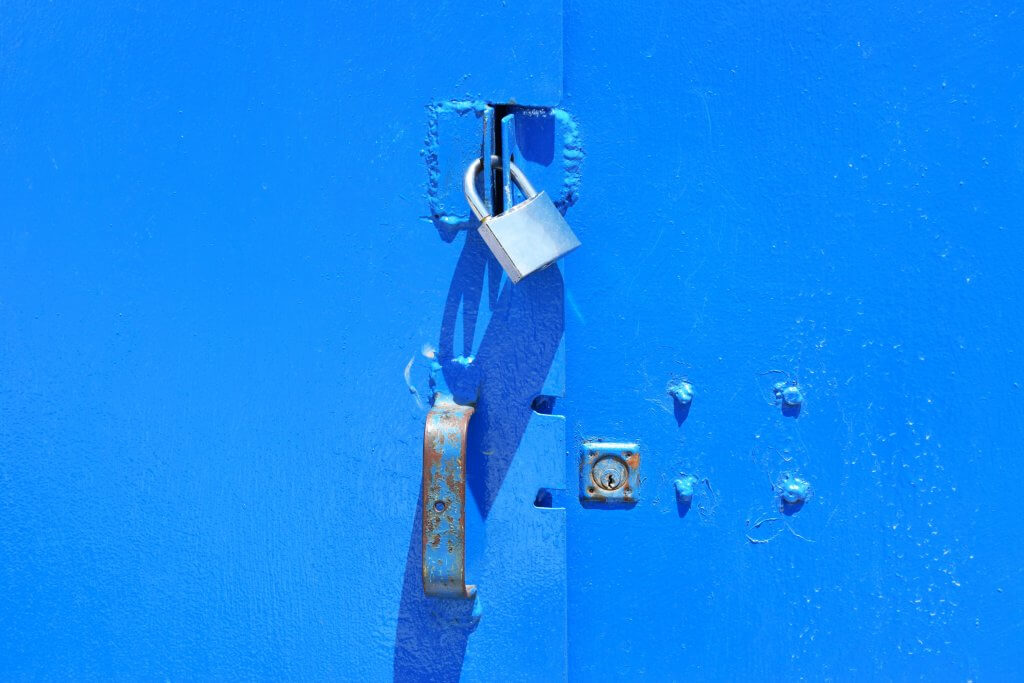Unlike a typical rental, vacation properties require different kinds of maintenance. Whether you’ve been in the business for years or plan to start this summer, it’s important to identify your responsibilities. What happens if the fridge malfunctions or the pool turns a funky color? You need to consider these obligations beforehand – especially if you plan to operate from a remote location.
Establish an Agreement
First and foremost, it’s necessary to write up some type of agreement. When someone rents a vacation home, they usually only stay for two weeks or less. As such, you don’t have to make a rigid contract. Instead, think about what may happen in that amount of time. Mainly, you’ll want to establish a few rules.
Let’s say that your guests throw a party and damage your furniture. Who’s supposed to pay for that? An easy solution in this scenario is to require a deposit. In your agreement, you’d write that along with a point about additional expenses. On the other hand, it’s also essential to talk about your responsibilities. When the shower doesn’t work, you need to pay to have it fixed.
A standard vacation property agreement consists of a few factors – check-in and -out procedures, pet policies and any exclusions. Feel free to expand upon these points, but make sure that you’re aware of local laws beforehand. Some municipalities, for instance, only allow up to two paying guests at a time. Be as clear as possible to avoid confusion down the line.

Hire Reliable Homecare Services
Even though renters can make a mess, it’s up to you to maintain a tidy environment. Guests expect to walk into a spotless house, so you need to make an effort to accomplish that. Many landlords tend to hire an individual housekeeper or a company to clean for them. This way, they know that every room will look perfect.
The same sentiment goes for pool, lawn, pest and electrical maintenance. When it’s time to change an air filter or repair a gutter, you should be able to do so right away. Do some research and find a few reputable businesses. You’ll want to be able to contact others in case your first choice is unavailable. If you have connections with other property managers, don’t be afraid to ask for their opinions.
The goal here is to establish a network of homecare services. They’ll be able to help you take of your property more efficiently.
Implement Security Measures
Vacation property maintenance goes beyond cleanliness. You need to prioritize security as well. Typically, tenants have renters insurance, which protects them financially in the event of a burglary. Of course, vacation-goers don’t have that same advantage. As such, a break-in could be your fault – especially if you didn’t take the right steps to safeguard your house in the first place.
You’ll need to invest in outdoor security cameras and alarms. Smart locks make it easier for guests to come and go, as they don’t need to carry around a key. Plus, when they leave, you can update the code accordingly. Wireless systems are a terrific resource when landlords are out of town. In addition to these steps, don’t forget to install smoke detectors and fire extinguishers.

Prevent Issues Ahead of Time
Sometimes, a more substantial problem may occur, like a storm. Specific areas are at risk for certain types of weather – beach houses tend to endure water and wind damage. There’s not much you can do to help your guests in the middle of a torrential downpour. It’s necessary to prepare beforehand to avoid situations like these – no matter where your property is.
Think about your home and how a natural disaster could affect it. Before the start of hurricane season, you’ll want to take a few different measures around the house to make sure that it lasts. Install impact-resistant windows and, if you don’t have shutters, put up inexpensive plywood. For homes located on lakes, flood-prevention is necessary. Consider each scenario and prepare for suitably.
Use These Tricks to Maintain Your Rental Properly
It’s essential to know what you’re responsible for as a landlord. Use these tips to make sure that your property is adequately maintained – this way, both you and your guests are satisfied.






